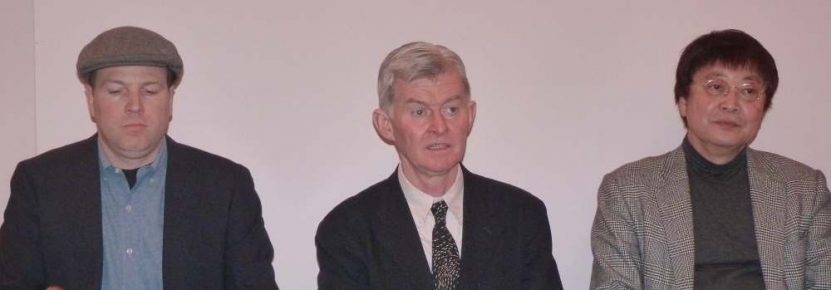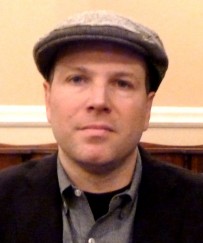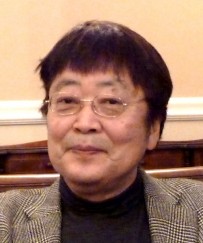
Wazuka Town landscape, Kyoto Prefecture
TalkWednesday 11 February 2015
6:00pm – 7:00pm
Masterpieces of Artisanal Japan: Wazuka tea and Ogatsu inkstones
Drinks reception from 7:00pm
13/14 Cornwall Terrace, London NW1 4QP
Organised by the Daiwa Anglo-Japanese Foundation
The connection between tea and suzuri (ink-stones for calligraphy) makes itself evident through calligraphy scrolls displayed in a tea house.
The renewed interest in drinking quality tea that small companies such as Timothy d’Offay’s Postcard Teas have helped to develop in the West now affords small tea farms in Japan the opportunity of reaching a global market that has long been dominated, and its tastes conditioned, by large multinational companies.
Wazuka has been a major producer of prime quality Uji tea since the Kamakura period. 75% of the land in Wazuka, situated on the southern edge of Kyoto Prefecture, is mountainous and covered by forest, meaning that many of the tea fields are on dangerously steep slopes that can only be hand farmed. The region’s farms remain mostly family-owned and have been passed down for generations. Varieties of tea grown by a family-owned farm in Wazuka for 350 years over 7 generations will be served at the event.
A collection of contemporary suzuri, the result of a separate project to support the continuing production of traditional Japanese ink-stones and a corresponding interest in calligraphy were available to view during the evening. Before devastation by the tsunami, the ink-stone industry of Ogatsu in Ishinomaki City, Miyagi Prefecture once accounted for 90% of the production of suzuri, yet the cultural significance of the ink-stone is quickly becoming overlooked and forgotten in modern Japan.
You can view the recording of the event here:
About the contributors

Timothy d’Offay
Timothy d’Offay has tea travelled extensively across Asia especially Japan. His shop Postcard Teas supplies many of London’s top restaurants, hotels and coffee shops. He is co-author of The World Atlas of Tea, which is to be published in English and French editions in 2016. In 2009 Softbank published a bestselling book on tea brewing in Japanese by d’Offay:Kyūkyoku no kōcha o ireru tame ni [English: How to Brew the Perfect Cup of Tea].

Teruo Kurosaki
Teruo Kurosaki is founder of Idée, the Tokyo furniture and interior company that allowed designers such as Marc Newson to develop their careers. Kurosaki turned away from the design sector in 2002 focusing his attention on the support of traditional Japanese craft and culture and its endorsement by a young society. He is editor of Norah, a quarterly Japanese periodical promoting organic and sustainable values.

Timothy Toomey (Chair)
Timothy Toomey is a professional carpenter and joiner, having later studied furniture and industrial design at art college in London, he went on to work in Italy and eventually Japan, where he became one of the first foreign designers to work successfully and anonymously for MUJI. In 2009 he co-ordinated the construction of the Japanese tea house at the Ashmolean Museum in Oxford. Toomey also helped to realise the UK Kintsugi Project.